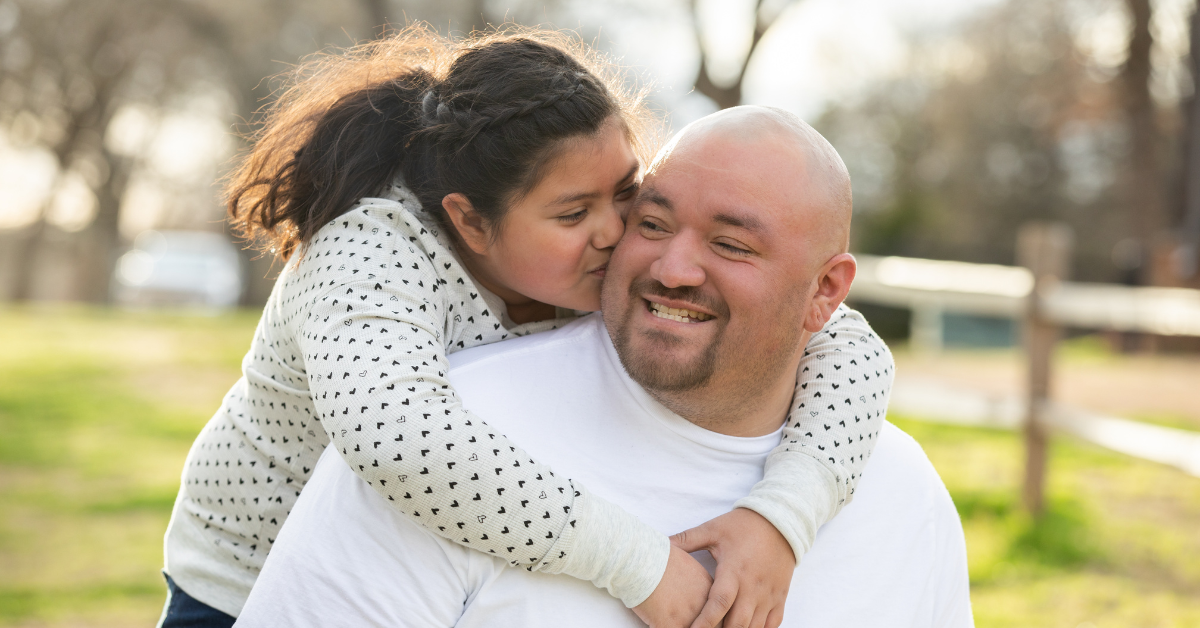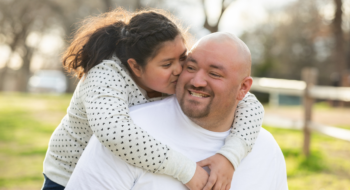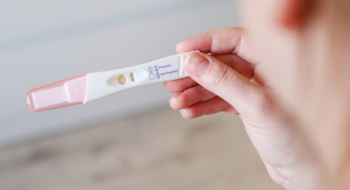If you Google “how to lose weight,” your search query will likely show countless results for injectables like Ozempic and other GLP-1 receptor agonists.
While medications such as Ozempic and Mounjaro, originally prescribed for treatment of Type 2 diabetes, have been on the market for several years, there has recently been a significant increase of interest in the medications as a weight-loss tool.
What are GLP-1 receptor agonists?
GLP-1, or glucagon-like peptide 1, receptor agonists were approved by the Food and Drug Administration in 2005 for treatment of Type 2 diabetes. The medications’ primary role is to regulate blood sugar levels by stimulating the release of insulin. The medications also slow gastric emptying, helping to control hunger and promote satiety, leading to potential weight loss.
The FDA has approved the use of two other GLP-1 agonists specifically prescribed for weight loss: Wegovy (semaglutide) and Zepbound (tirzepatides). These two medications use the same active ingredient as Ozempic and Mounjaro, respectively.
Patients prescribed these GLP-1 agonists by their physician will typically self-administer the medication with an injection into the fatty tissue in the stomach, thigh or upper arm once a week. Once patients reach their goal weight, they may reduce the frequency of injections to what’s referred to as a maintenance dose, and this frequency varies by individual.
Additionally, two other GLP-1 agonists are being explored for their effectiveness in treating obesity – exenatide (Byetta or Bydureon) and liraglutide (Saxenda). These medications use the body’s natural hormones to regulate appetite and promote weight loss.
Exenatide, self-injected twice a day, is used in the treatment of Type 2 diabetes. Liraglutide, self-injected once a day, has been approved for chronic weight management in adults with a BMI of 30 or higher, or those with a BMI of 27 or higher with at least one weight-related medical condition.
When used as part of a comprehensive treatment plan that includes lifestyle modifications such as diet and exercise, GLP-1 agonists can help individuals achieve and maintain their weight-loss goals.
What is weight-loss surgery?
The National Institutes of Health recognizes bariatric surgery, also called weight-loss surgery, as the most effective long-term treatment for obesity. Board-certified, fellowship-trained bariatric surgeons at Tidelands Health offer two forms of bariatric surgery. Both procedures work by reducing the size of the stomach or altering the digestive progress:
Gastric bypass surgery
Gastric bypass involves creating a small stomach pouch and rerouting the small intestine, leading to reduced calorie absorption.
Gastric sleeve surgery
Gastric sleeve, also called vertical sleeve gastrectomy, removes most of your stomach, thus making you feel full sooner.
Weight-loss surgery may help improve other conditions such as diabetes, high blood pressure and sleep apnea, but the biggest impact may be improved quality of life via better health and mobility.
How do medications and surgery compare?
Weight-loss medications like GLP-1s and weight-loss surgery, combined with diet and exercise, are both effective for weight loss. If you haven’t reached desired results with medications, surgery may be an option. Your physician can help you determine the most appropriate option for you.
Who is eligible for weight-loss surgery or medication?
Weight-loss medications and bariatric surgery are both prescribed for patients classified as medically obese or who have medical problems related to being overweight.
Featured Article
Read ArticleThe bottom line
When considering surgical and medication-based weight-loss options, talk with your health care provider about your options. Factors such as your body mass index, or BMI, along with any health conditions and your lifestyle should be considered.
Learn more at tidelandshealth.org or 1-866-TIDELANDS.






